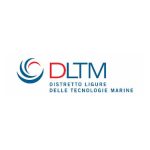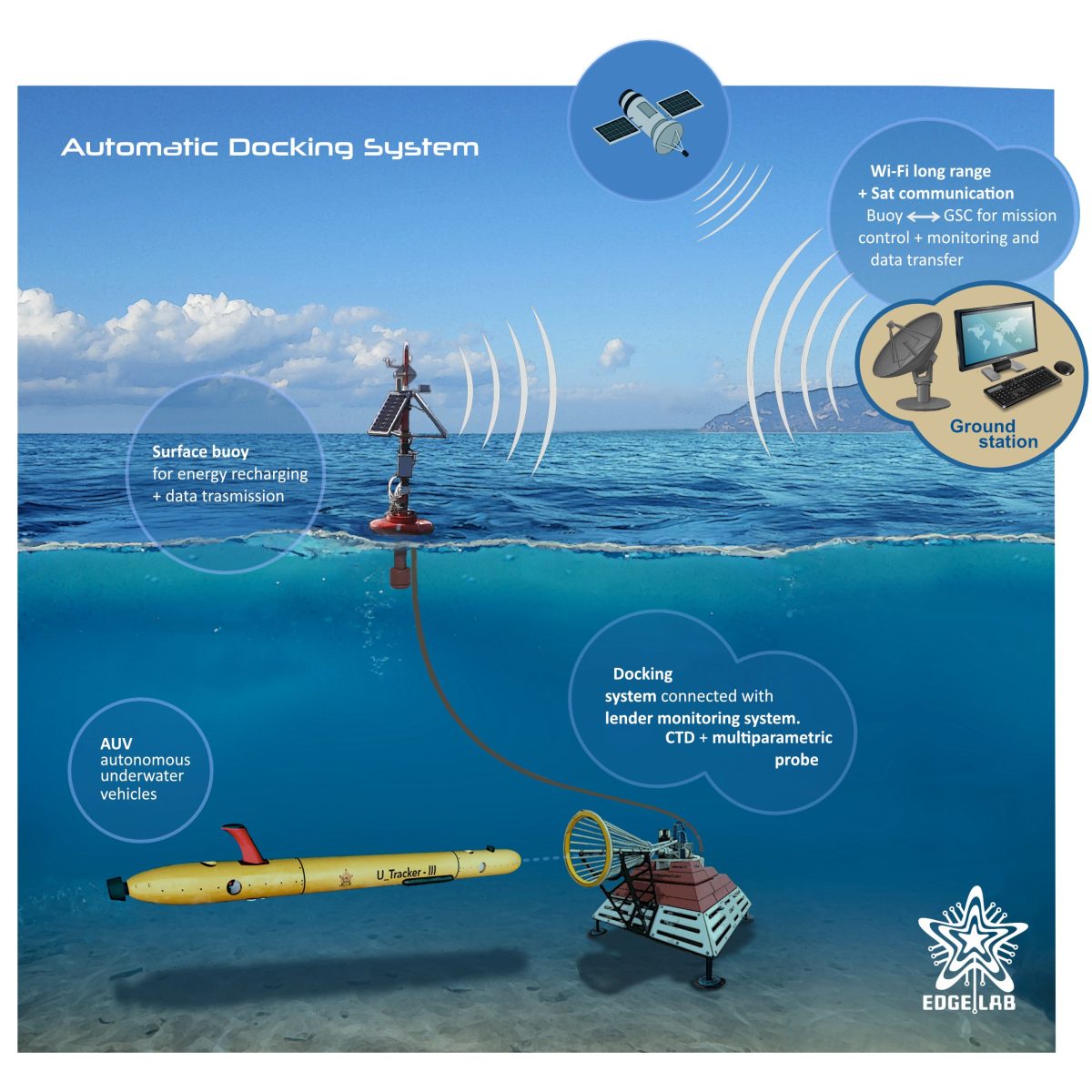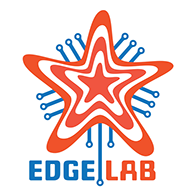
November 2023 – LEVIATAD
February 2024 – RAISE
This initiative seeks to advance research and development in these technologies across various domains, including healthcare, environmental sustainability, smart ports, and accessible, inclusive smart cities. Central to the RAISE approach is prioritizing the needs of individuals and the region, fostering the transition of innovative technologies from research to market. By offering resources, expertise, and assistance, RAISE aims to foster sustainable, inclusive, and resilient innovation.
Edgelab will participate to this initiative in a consortium made of a total of five partners with the project M.A.R.E. (Machine learning Applied to Ecosystems Research).
Experimental development studies will be conducted on underwater stations designed for the release and recovery of autonomous underwater vehicles (AUVs) for marine monitoring. Emphasis will be placed on aspects such as the electromechanical structure, operational strategies, battery charging, data transfer, sustainable energy solutions, propulsion methods, and the development of remote command and control software.
A prototype underwater docking station will be developed, featuring an autonomous guidance system for AUV re-entry.
Despite advancements, gaps persist in observing biological, ecological, chemical, and geological parameters. The objective of M.A.R.E. is to devise an integrated system for measuring variables using essential oceanic systems (EOVs) throughout the entire water column.
M.A.R.E. will undertake the development, integration, validation, testing, and demonstration of a new integrated system for observing the marine environment, incorporating observations from various platforms. Specifically, Edgelab will provide U_tracker ® IV equipped with state-of-the-art sensors and will oversee the integration of various modules (AUV + Docking Station + Lander + buoy hub + Ground Control Station) into the M.A.R.E. platform.
Effective data flow management will facilitate the integration and enhanced understanding of potential variables and models for measuring marine environmental quality, thereby fostering greater scientific knowledge and research capabilities.

